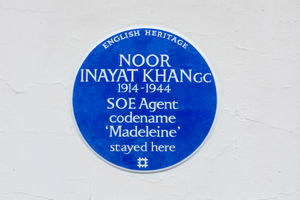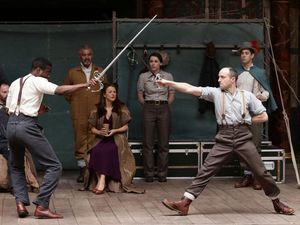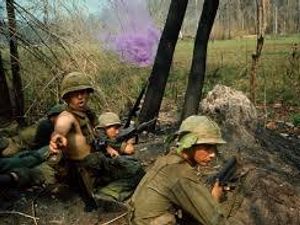Peter Rhodes on listening to the people, finding the Black Country and honouring disposable heroes
Read the latest column from Peter Rhodes.

The New Liberal Democrat leader Ed Davey commits his party to “a national listening project.”
"It is time for us to start listening. And as leader, I have got that message. I am listening now."
I think we all get the message. Ed is listening. But the crucial question is, who's he listening to? I recall meeting a Tory candidate during the Thatcher years who was far from the comfort zone of his Home Counties mansion and visiting the industrial West Midlands. He considered himself a great listener. He told me the message he was hearing wherever he went was that the people regarded the poll tax as “the fairest tax ever.” On closer questioning he revealed that “the people” were the folk he met up and down the country in Conservative Clubs.
To his credit, the candidate listened to me when I put him right on a minor point of geography after he announced: “All I know about the Black Country is that it's somewhere in the Potteries.” That's the sort of mistake than can get you slapped hard with a black pudding.
Let us hope Ed Davey's Lib-Dem listeners listen to the right people. But in my experience politicians listen only when they are not talking. And as so many of them love the sound of their own voice, listening time is limited to the interval between them stopping talking and looking at their watch.
A new English Heritage blue plaque on a house in London's Bloomsbury commemorates Noor Inayat Khan. A wartime spy with the Special Operations Executive (SOE), she was awarded the George Cross for bravery as a radio operator in German-occupied France. The plaque is a long-overdue tribute to a remarkable woman. But it's also a reminder of the heartless selection and training such heroes endured.
“Not overburdened with brains,” was the patronising verdict of one officer writing Khan's training report. The section head added loftily: “Nonsense . . . we don't want them overburdened with brains.” Although scared of weapons, not fully trained and considered unready for the job by colleagues, Khan was parachuted into France where after a few weeks she was betrayed to the Nazis and later executed. Average life expectancy of an SOE radio operator in France was just six weeks. Lest we forget, the British Establishment which now hails Noor Inayat Khan as a hero once regarded her and her colleagues as entirely dispensable.
'Twas ever thus. Better late than never, I am reading Siegfried Sassoon's 1930 classic, Memoirs of an Infantry Officer. In the First World War 1914-18 the fate of millions of fit, young and dispensable soldiers in atrocious conditions was determined by staff officers back at comfortable bases whom Sassoon described as conscientious objectors. Or as he puts it, officers with “a conscientious objection to physical discomfort.” As the 90-year-old pages turn, you can almost hear Melchett calling for Darling.




